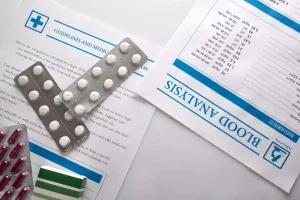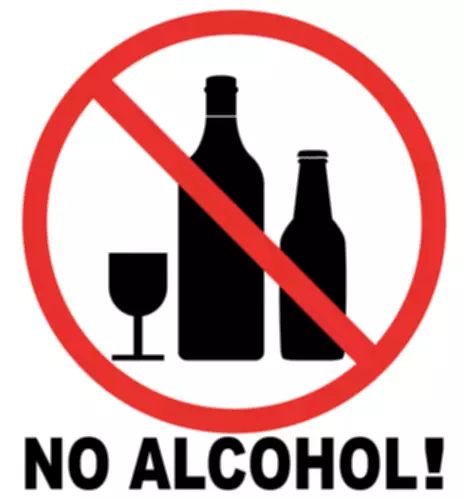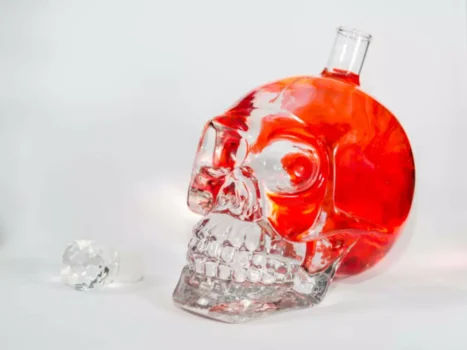
Addressing her past traumas helped her break free from addiction. Olivia is now a certified addiction counselor, using her experience to guide others towards recovery. That is why sobriety success stories Don T is a role model for anyone in recovery. He managed to stay meth-free thanks to 12-step recovery meetings with other people who are addicted to more than one substance.
Enhanced Appreciation for Life

By sharing your recovery story, you become an advocate for change, challenging the misconceptions that often surround substance abuse and those who struggle with it. One of the most profound benefits of sharing your recovery story is the hope it can inspire in others. https://ecosoberhouse.com/ Your story is a living proof that sobriety is achievable, and it can be the catalyst for change in someone else’s life. These personal experiences highlight how quitting completely might be a better solution than attempting moderate drinking for certain individuals.
The Awakening: Realizing the Need to Quit Drinking
That is why the millions of women who are thriving in sobriety are such powerful examples of how recovery can transform lives — against great odds. Many addictions stem from underlying issues like trauma, mental health disorders, or stress. Addressing these root causes is essential for lasting recovery. Olivia’s addiction to stimulants began in her teens and led to years of chaos and instability. A near-fatal overdose was the turning point for her. Olivia entered a rehab program that focused on trauma-informed care.
- Anyone addicted to crystal meth needs to go cold turkey.
- Quitting alcohol allowed me to build healthier relationships with improved communication, understanding, and respect, making them stronger than ever before.
- They’re also tricky addictions because I’m good at abstaining but not so good at moderation.
- We’ve all heard stories about those who started drinking socially but soon found themselves spiraling into excessive consumption patterns.
- When she would catch me getting high, she would be irate and I would promise to abstain, only to use as soon as I dropped her off at her parents’ house.
- Caring less about yourself and caring more about helping others.
Challenges Faced in Recovery
Bradley Cooper’s journey to sobriety has been a powerful force in his life. After battling cocaine and alcohol addiction, he dedicated himself to recovery for 5 years, ultimately transforming his life. Since 2004, Cooper has continued his self-work with therapy and credits his sobriety for his ongoing success and personal growth.
After six years, I was becoming dissatisfied with work because I didn’t feel I had adequate support from my group or the hospital. After a brief job search, certainly hindered by my alcohol consumption, I returned to the large academic practice where I trained. I realize that I don’t give myself enough credit. I’m five months sober and I’m also transitioning. I am coming out to family members and really re-creating myself in the fullest extent possible. When a person transitions, it’s like rebirthing a human.
- Demi Lovato’s openness about their struggles with addiction and recovery continues to inspire.
- The remarkably addictive nature of the drug makes detoxing and staying clean challenging.
- So for me, the things that have been difficult like friendships and relationships are different now that I can stand up for myself and set boundaries and I know what I want.
- The steps are designed to look at that from a different point of view.
- Having some small impact on someone else’s life.

I know now that it was the light inside of them – the sunlight of the spirit – that spoke to me. “I wish I had some story to tell you about my horrible, abusive, and neglected childhood. When it was announced that Carol was my counselor, there was a “ohhhhhh” sound all fell over the room. I sat down in front of her and she said, “I can see from your test results that you’re manipulative and self-centered.” To which I replied, “Yes, of course, I am.

After the healing, a better life
Though the path to sobriety is difficult and filled with obstacles, hearing of those who have achieved it can be a source of hope. New York City recently opened the nation’s first official safe consumption clinics, where people with substance use disorder can use drugs under medical supervision. Anna Mable-Jones of Laurel, Md., is one of those success stories. In college, she began experimenting with crack cocaine.

How long after quitting drinking do you feel better?
My wife had a miscarriage about a year after the birth of our second child. In my mind, we had had enough discussion about our family size, and I proceeded to go ahead with a vasectomy. Our marriage became further strained, as my wife apparently still wanted additional children. I underwent a reversal of the vasectomy, and soon thereafter, my wife was pregnant with our third healthy child.

Encouraging a Culture of Recovery
It marks the beginning of the journey towards sobriety and healing. “Nobody recovered from addiction dead. My feeling is if we can keep people alive long enough, we know eventually the majority get recovery,” he said. Indeed, most people people don’t just survive addiction.
